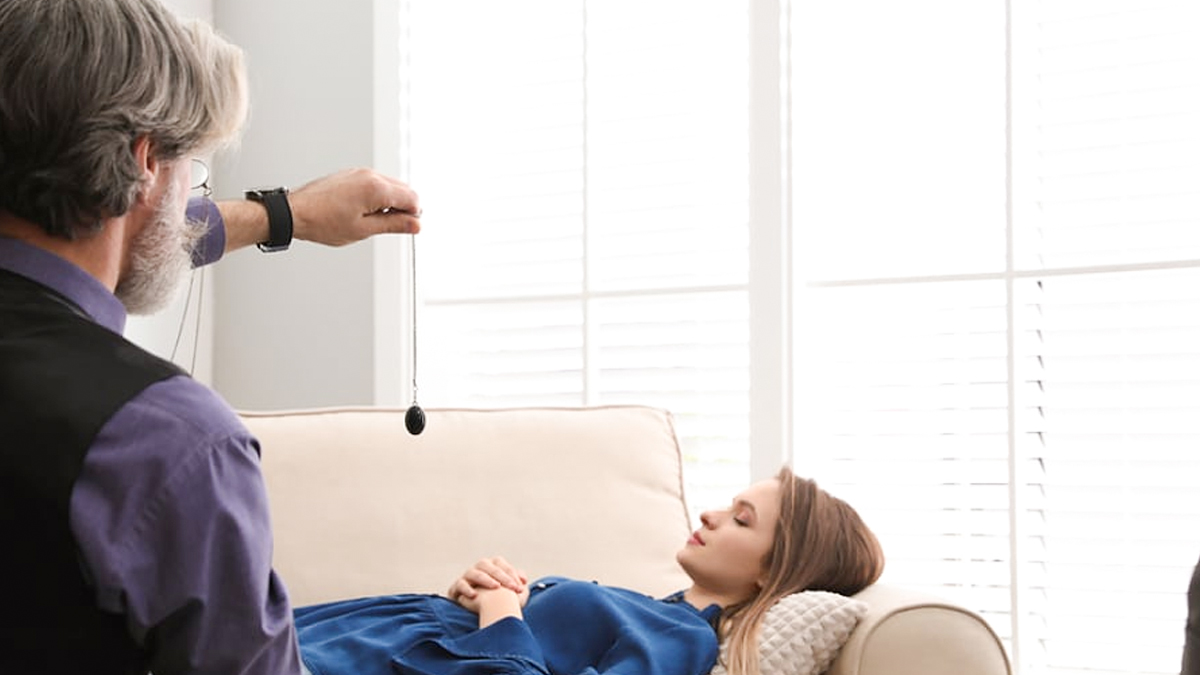
Reese Witherspoon opened up about her battle with anxiety and panic attacks. She revealed that traditional methods like meditation and medication didn’t work well for her. Instead, hypnosis became a turning point. Reese said she struggled with high anxiety, especially the stress of performing and showing up in public, which led to severe panic attacks. Her story highlights a less common but growing approach to managing anxiety, hypnotherapy.
Table of Content:-
Reese Witherspoon on Hypnosis and Anxiety![reese witherspoon 1 - 2025-09-19T153940.034]()
Reese shared on the "Las Culturistas" podcast how she tried meditation but found it hard to follow due to attention issues. She also used medications like Ativan, but felt like a "zombie" and wasn’t able to perform her best. At 34, she turned to a hypnotist who combined hypnosis with neurolinguistic programming (NLP). Reese explained that this helped her realise she could achieve her goals without carrying all the anxiety in between. She practices techniques like self-talk after completing tasks, reinforcing positive outcomes and easing anxiety.
She said, “I was going to get to the same result, but I could get rid of all the anxiety in the middle.” Reese wants others to know anxiety is real, and there are tools to calm yourself down. Her openness is inspiring for many who face similar struggles.
What Does Science Say About Hypnotherapy for Anxiety?![hypnosis for anxiety 2 - 2025-09-19T153945.839]()
A study published in the American Journal of Clinical Hypnosis highlights the effectiveness of hypnotherapy as part of treatment for anxiety disorders. The research found that hypnosis helped participants reduce symptoms of anxiety, improve relaxation, and gain better control over their stress responses. Hypnotherapy works by guiding the mind into a deeply relaxed state where positive suggestions can reshape thought patterns and emotional reactions.
ALSO READ: FOMO vs JOMO: Which Mindset Boosts Wellbeing in the Digital Age?
How Does Hypnotherapy Work?
- According to the study, hypnosis induces a trance-like state to access the subconscious mind.
- It helps uncover hidden fears and negative beliefs fueling anxiety.
- Therapists use guided imagery and verbal suggestions to replace stress with calm.
- Hypnotherapy is often combined with cognitive-behavioural therapy (CBT) for better results.
- Sessions teach self-hypnosis techniques that patients can use anytime to manage anxiety.
Who Can Benefit from Hypnotherapy?![hypnotherapy for anxiety 3 - 2025-09-19T153943.404]()
- People who have not responded well to medication or traditional therapy.
- Those who want a drug-free option for anxiety relief.
- Individuals are comfortable with guided relaxation and visualisation.
- Patients with panic disorders, phobias, or generalised anxiety disorder.
Things to Keep in Mind
- Hypnosis isn’t magic, and it requires willingness and practice.
- Licensed professionals with training in hypnotherapy provide the safest experience.
- It may not work for everyone, but many find it a helpful tool alongside other treatments.
- Always discuss with your healthcare provider before starting new therapies.
ALSO READ: Is It Normal to Feel Anxious or Depressed While Pregnant?
Conclusion
Reese Witherspoon’s journey shows that there are many paths to managing anxiety. Hypnosis and neurolinguistic programming gave her a fresh way to reduce panic and stress without feeling medicated or overwhelmed. Backed by positive scientific findings, hypnotherapy is a promising option for those seeking relief beyond traditional methods. Anxiety can be tough, but with the right tools, anyone can find a calmer, more confident way forward.
Also watch this video
How we keep this article up to date:
We work with experts and keep a close eye on the latest in health and wellness. Whenever there is a new research or helpful information, we update our articles with accurate and useful advice.
Current Version
Sep 19, 2025 16:35 IST
Published By : Vivek Kumar


